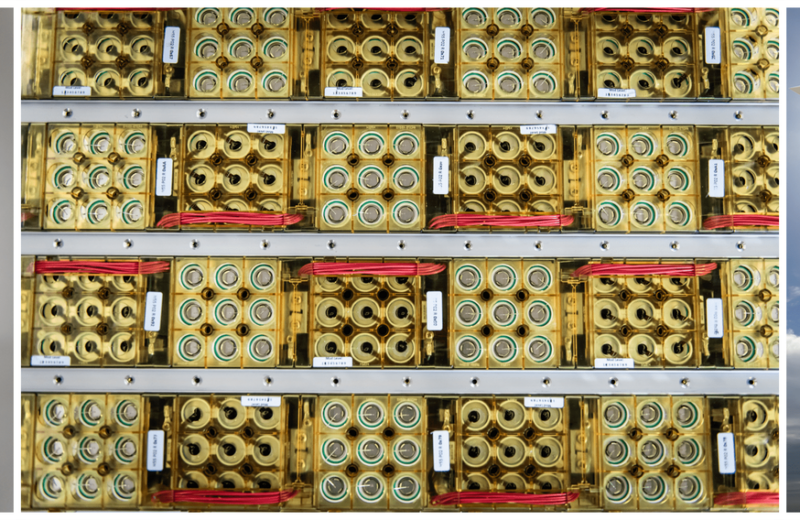EBACE reports: P&WC’s regional demonstrator uses H55 battery pack

exc-628cf6038c7a832da97ac843
Pratt & Whitney Canada (P&WC) is collaborating with Swiss electric propulsion and battery systems developer, H55, to build a regional hybrid-electric flight demonstrator. H55 will provide the battery pack for P&WC’s regional hybrid-electric flight demonstrator programme.
André Borschberg, H55’s co-founder and executive chairman, who is also the world record holder for longest solo flight in an airplane of any kind: 117 hours and 52 minutes, told Revolution.Aero the system his company has designed is modular — meaning it can be scaled up from a demonstrator aircraft to a regional airliner.
“Our goal has always been to target regional commuter transportation and with P&WC, there is a perfect fit whereby our core technologies complement each other,” said Borschberg.
“Having been selected by P&WC is an important validation that our experience is valued by a reputable industry player. We are excited to be working in Quebec with P&WC and several other industry and research collaborators in bringing our battery pack to the hybrid-electric demonstrator programme,” he added.
H55 was established in 2017 as the technological spin-off of Solar Impulse, the first electric aircraft to fly around the world. With lightweight and certifiable systems, H55 has integrated and flown four electric aircraft to date.
The partnership follows P&WC’s plans, announced in July 2021, to invest CAD $163m, with the support of the governments of Quebec and Canada, towards developing this sustainable propulsion technology.
Collins Aerospace, De Havilland Aircraft of Canada, the National Research Council Canada (NRC) and the Innovative Vehicle Institute (IVI) are all supporting the development of some of the component designs and electrical control systems for the project.
Jean Thomassin, executive director new products and services, P&WC said: “We’re delighted to draw from H55’s proven technology in the field of aircraft battery systems and collaborate with NRC and IVI on optimising the design for our flight demonstrator programme. Hybrid-electric technology holds significant potential to boost the efficiency of next generation aircraft propulsion systems, allowing us to set new standards for sustainability for regional and commuter aircraft.”
Ground testing of the propulsion technology will start later this year, with a planned flight demonstration in 2024.






